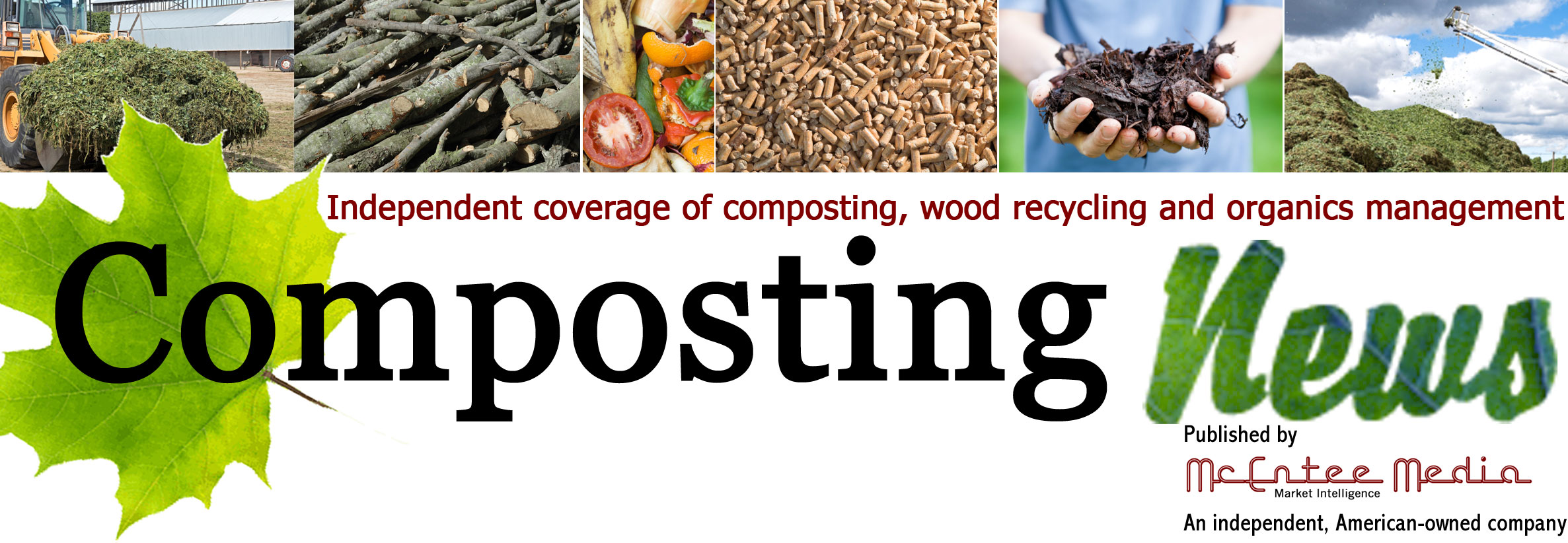The U.S. Senate last month passed bill that would require the EPA to inventory composting and recycling facilities and collect data relating to curbside and drop-off composting and recycling programs.
The Recycling and Composting Accountability Act—S.1194—passed the senate by unanimous consent on March 12. The bill was introduced by Sen. Thomas Carper (D-Delaware) and had 11 co-sponsors—five republicans, five democrats and an independent member. Carper introduced the bill in April 2023 and it sat in the Senate Environment and Public Works for almost a year before it moved to the Senate floor for passage.
The bill was moved to the House, where a companion bill—H.R.4040, introduced in June 2023 by Rep. Joe Neguse (D-Colorado)—was being held in the House Subcommittee on Environment, Manufacturing and Critical Materials.
“The [U.S.] lacks ways to accurately estimate how recycling and composting systems perform across the country, as well as comprehensive and accurate data about these systems,” Carper said when he introduced the bill. “Improved data collection on the local, state, and federal levels will help policymakers and stakeholders make informed decisions about how best to expand access to recycling and composting programs, and improve program performance.”
Carper said at least 27 percent of the U.S. population has access to some kind of composting program that accepts either food waste only, or food waste and some forms of compostable packaging. More than 10 million American households have access to municipally supported food scraps collection via curbside pick-up and/or drop-off.
S.1194 would establish data collection and reporting requirements concerning composting and recycling programs. Specifically, EPA would have to issue several reports related to composting and recycling, including a report on the capability of the U.S. to implement a national composting strategy in order to reduce contamination rates for recycling.
The EPA would also:
- inventory certain facilities that recycle residential materials and describe the materials that the facilities can process;
- collect data related to curbside and drop-off recycling and composting programs in order to establish a comprehensive baseline of data for the U.S. recycling system; and
- develop and disseminate best practices that states, local governments and Indian tribes may use to enhance recycling and composting.
The EPA also would have to develop a metric for determining the proportion of recyclable materials in commercial and municipal waste streams that is being diverted from circular markets, which are markets that utilize industrial processes and economic activities to enable post-industrial and post-consumer materials used in those processes and activities to maintain their highest values for as long as possible. After developing the metric, the EPA would then study the proportion of recyclable materials in such waste streams that were diverted from those markets in the prior 10 years.
Finally, the Government Accountability Office would have to report on the recycling practices of federal agencies.
In the bill, compost is defined as a product that is manufactured through the controlled aerobic, biological decomposition of biodegradable materials; has been subjected to medium and high temperature organisms that significantly reduce the viability of pathogens and weed seeds and stabilize carbon in the product such that the product is beneficial to plant growth; and is typically used as a soil amendment, but may also contribute plant nutrients.
The bill notes that the residential segment of the U.S. recycling and composting infrastructure is facing challenges from confusion over what materials are recyclable materials or compostable materials, reduced export markets, growing but still limited domestic end markets; and an ever-changing and heterogeneous supply stream.
EPA’s reports would describe the capability of the U.S. to implement a national composting strategy for compostable materials for the purposes of reducing contamination rates for recycling, including:
- an evaluation of existing federal, state, and local laws that may present barriers to implementation of a national composting strategy;
- an evaluation of existing composting programs of states, units of local government, and Indian tribes;
- a description of best practices based on those programs;
- an evaluation of existing composting infrastructure in states, units of local government, and Indian tribes for the purposes of estimating cost and approximate land needed to expand composting programs; and
- a study of the practices of manufacturers and companies that are moving to using compostable packaging and food service ware for the purpose of making the composting process the end-of-life use of those products.
Not later than two years after the date of enactment of the bill, and every two years thereafter until 2033, the Comptroller General of the U.S. would make publicly available a report describing:
- the total annual recycling and composting rates reported by all federal agencies;
- the total annual percentage of products containing recyclable material, compostable material or recovered materials purchased by all federal agencies, including the total quantity of compostable material purchased.
Not later than one year after the date of enactment of the act, and biannually thereafter, EPA, would have to prepare an inventory of public and private materials recovery facilities in the U.S.
Follow us on social media:


Be the first to comment on "Compost Act passes Senate"